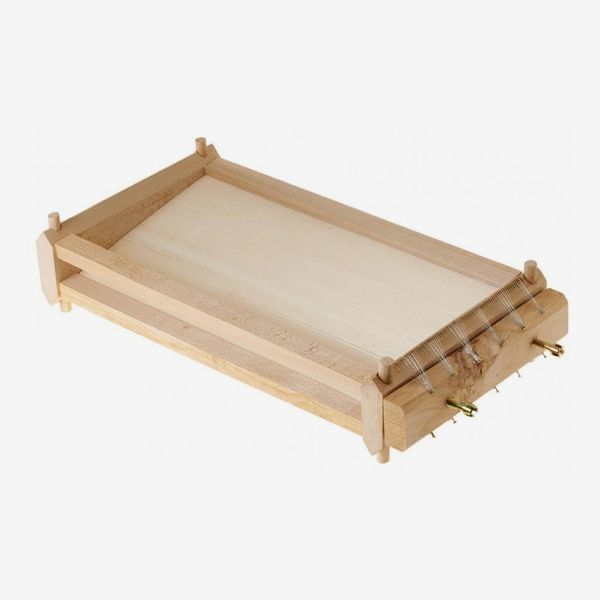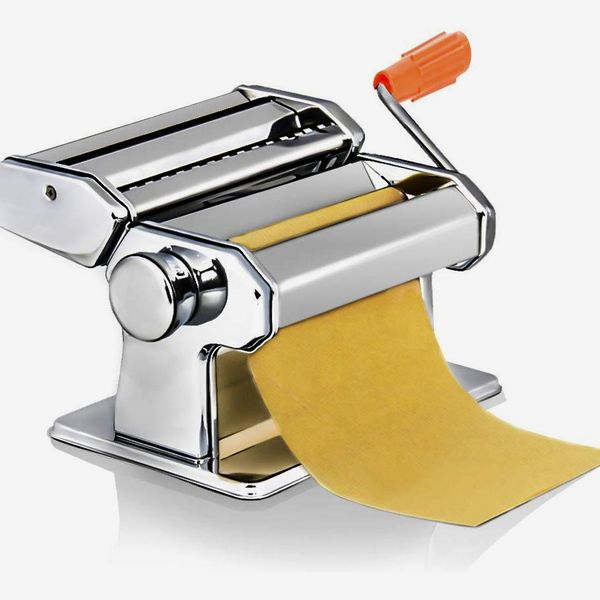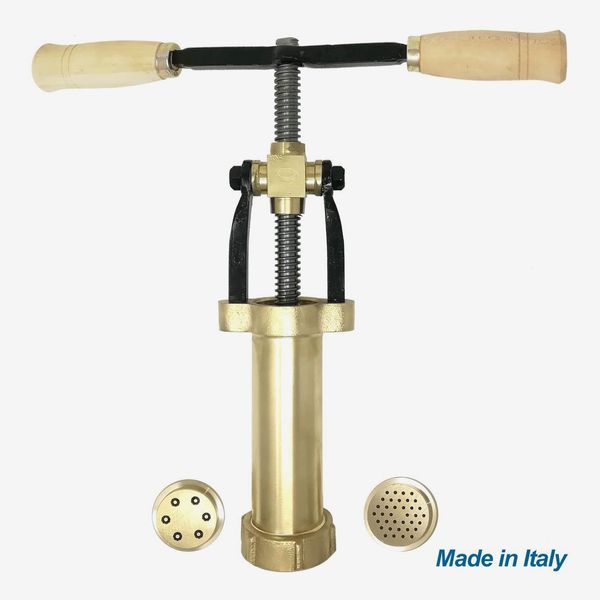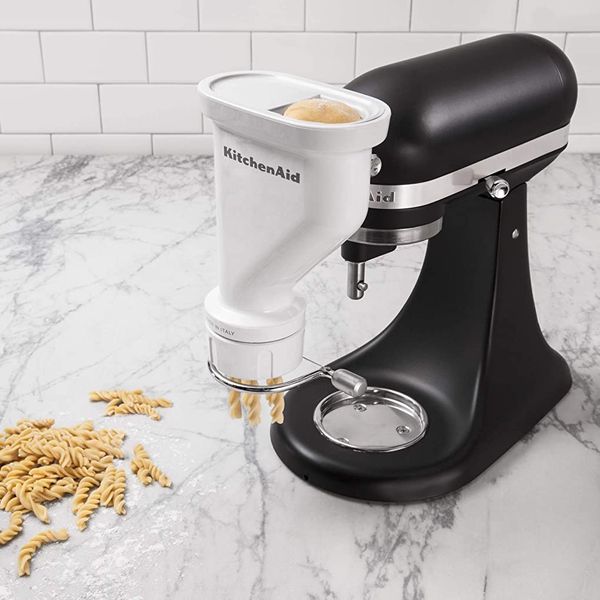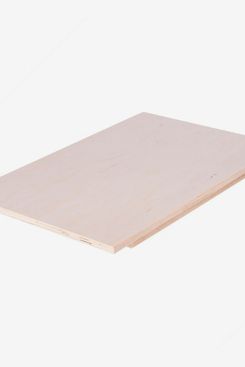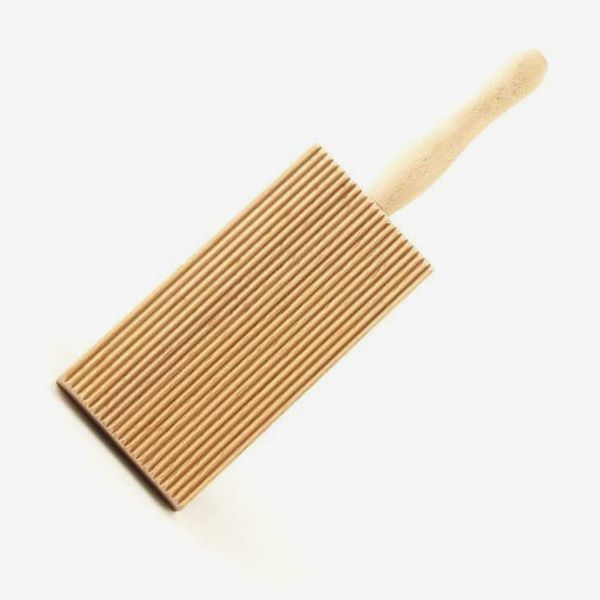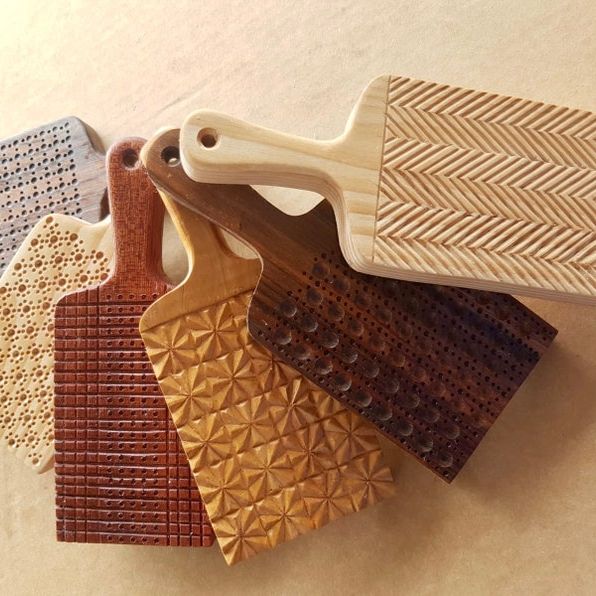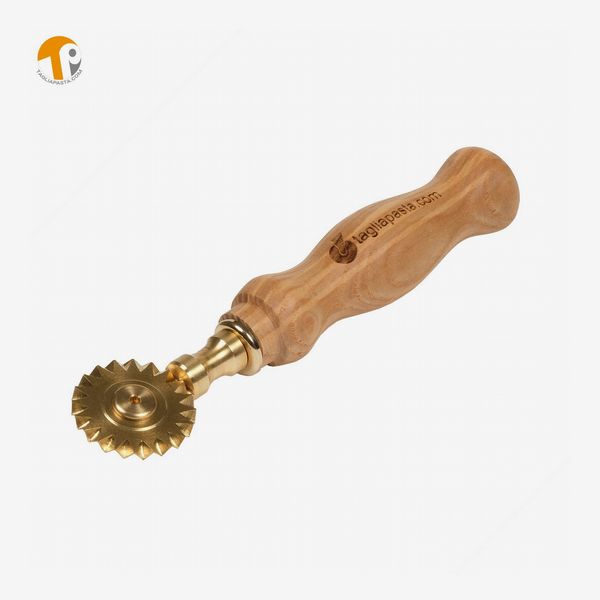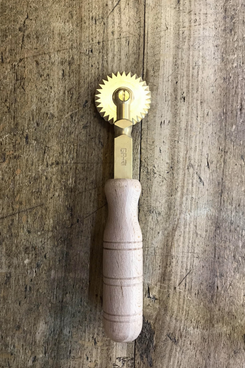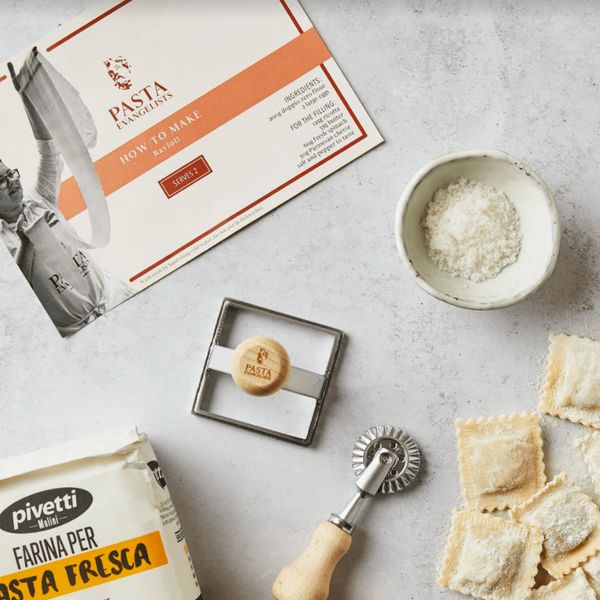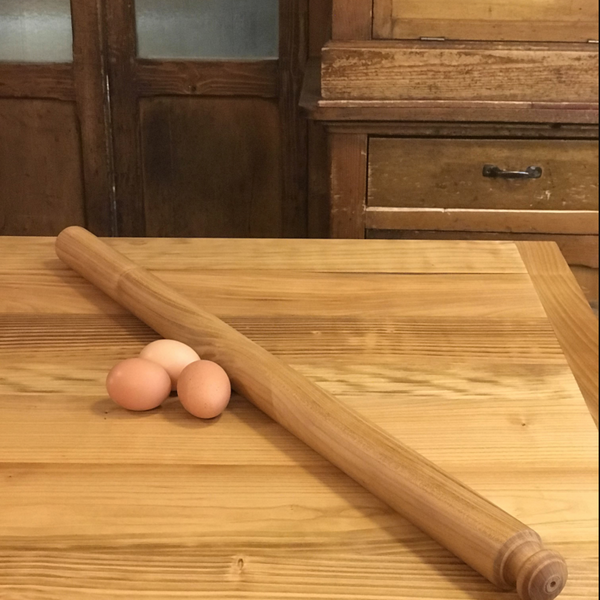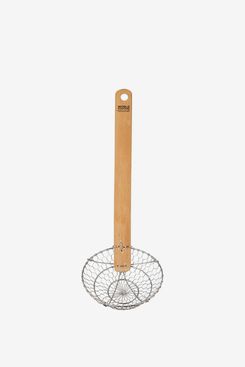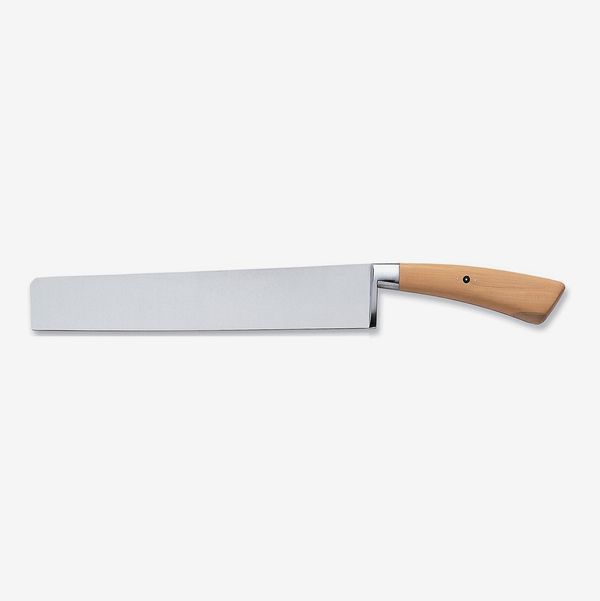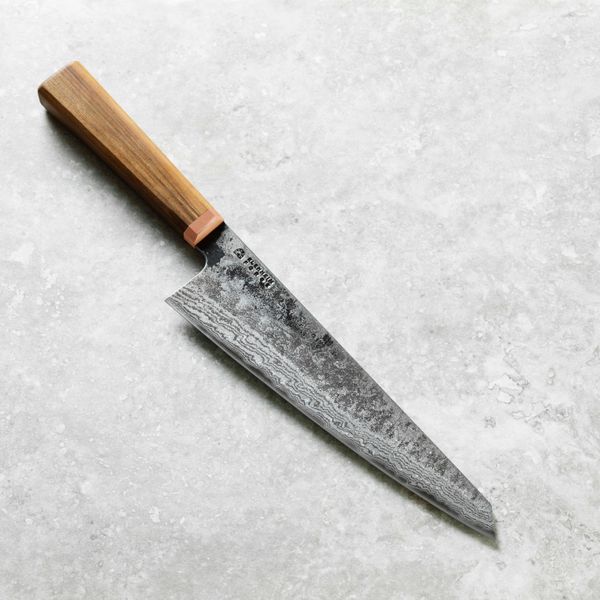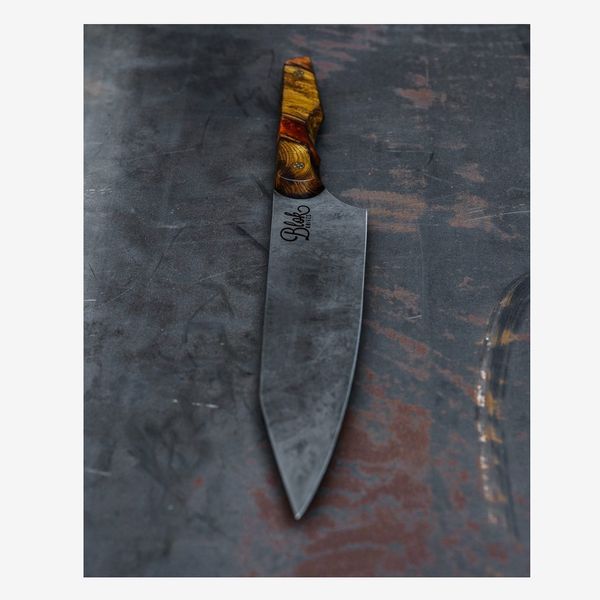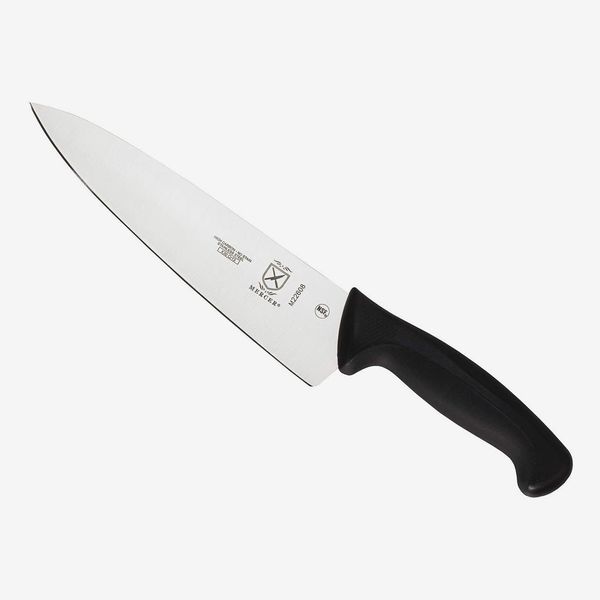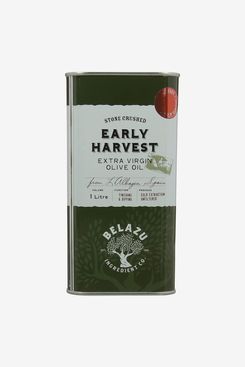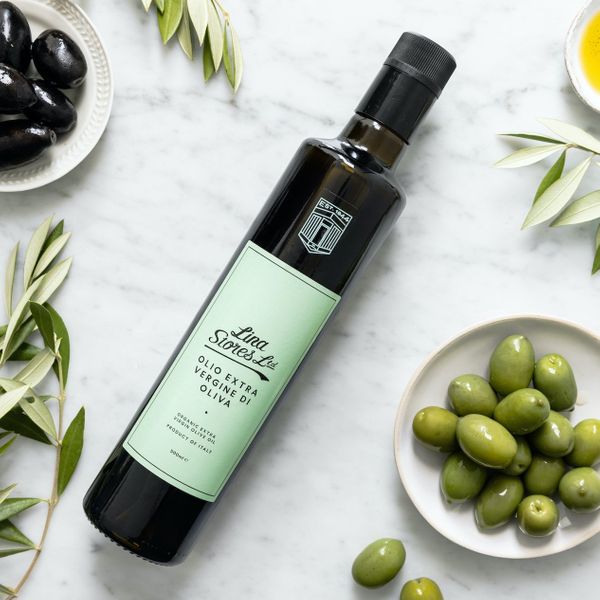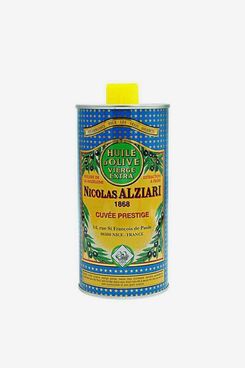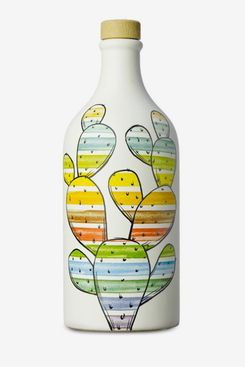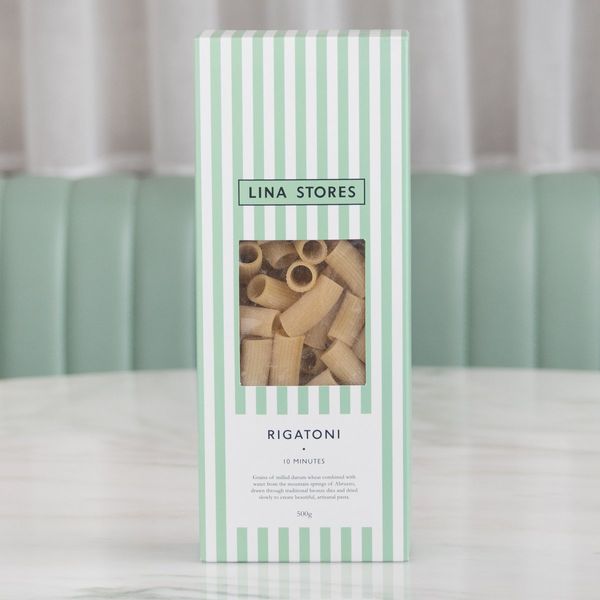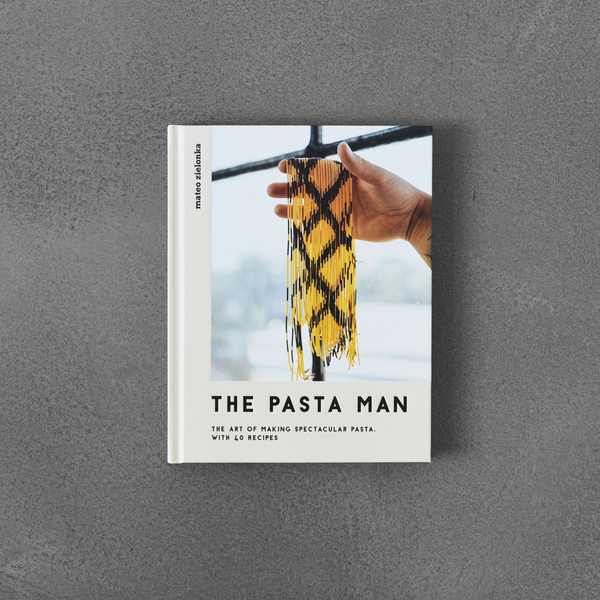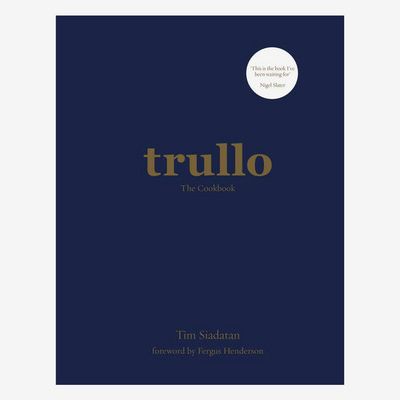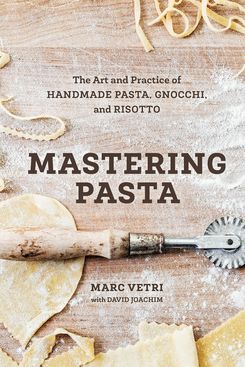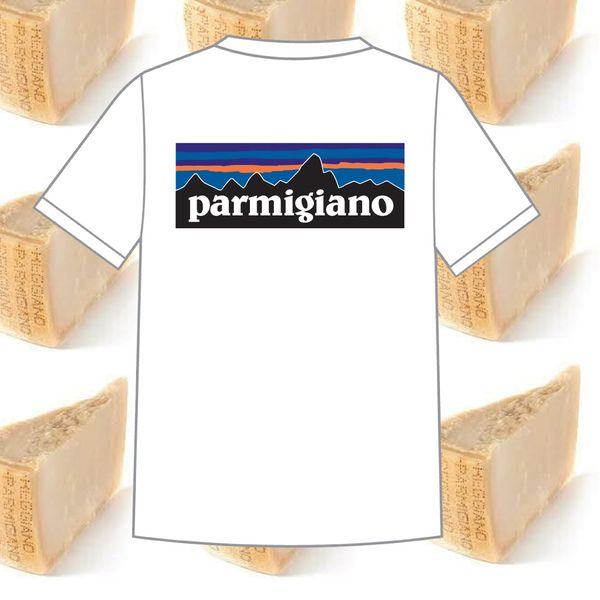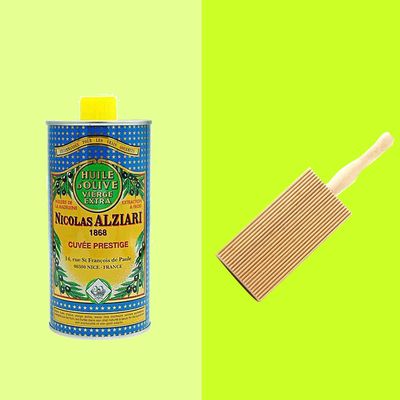
If you have friends who love pasta (be it cooking it or consuming it), they’ll likely have strong opinions on everything surrounding pasta, from the right sauce to pair with conchiglie to the perfect hard cheese to use in a pesto. And like people who love coffee, they can be, well, picky. So we spoke to six pasta chefs about the best gifts for anyone who has a preference when it comes to rigatoni or ziti. Our experts’ suggestions ranged from pasta-makers themselves, to inexpensive tools that could be used elsewhere in the kitchen, as anyone who likes making their own cacio e pepe is likely to like cooking other dishes, too. We also looked through the Strategist archives to find appropriate recommendations from non pasta chefs and did some of our own snooping for merch, cookbooks, and other fun gifts.
Pasta makers
An excellent gift for anyone who enjoys fresh pasta might be the tools to make it themselves at home. Chef and author Mateo Zielonka calls this Chitarra “one of my favourite” tools to make pasta. Named for the Italian word for guitar, the wooden frame is strung with wire, and rolled-out pasta dough is placed on top before being pressed into the strings with a rolling pin, producing either 3mm. or 5mm. strands depending on which side you use. Zielonka says you can either roll your dough through a pasta-maker first or roll it out with a rolling pin. “I got mine from Fantes, the traditional Italian shop in the U.S.,” he says. “And I use it to make beautiful spaghetti alla Chitarra. I find this method really relaxing – it’s like meditation.”
If you’re buying a pasta machine for a beginner, it might be worth gifting them an inexpensive model– just in case they prefer having their stracci di antrodoco at a restaurant rather than than making it themselves at home. I myself bought a pasta-maker for £30 about three years ago, and it has never let me down.
While the most recognisable pasta-makers are the “sheet”-style machines (like the previous recommendation) – in which pasta dough is forced between two rollers – most of our experts preferred something more traditional. “A bronze hand-crank extruder is quite something,” notes Stevie Parle, founder of Pastaio and JOY. Unlike a sheet machine, Parle says, the device uses “a heavy cylinder of cast bronze and a variety of dies to create different shapes. It’s particularly useful if you want to experiment with different types of flour to create your pasta.”
If you have a friend with a Kitchenaid, they might like this pasta press that clips onto their machine, instead.
Boards and paddles
“If you love making fresh pasta at home as much as I do, then a specific board for rolling and working pasta is a must,” says Robert Chambers, head chef at Luca in Clerkenwell. “Don’t use the board for anything else — otherwise you’ll impart flavour or colour to your pasta dough”. [Editor’s note: This price is converted from Euros].
Two of our experts, Zielonka and Chambers, recommended a carved paddle instead of a board. Chambers suggested a gnocchi paddle; the cut dough is gently pressed across the paddle, which gives the gnocchi their signature ridges. “We should all make more gnocchi — it’s so satisfying to do,” he says. “A little handheld gnocchi board is a great thing to have in your cooking arsenal.”
Zielonka also recommends a cavarola board, which is known for its distinct herringbone pattern and is used to make a range of pasta shapes, including Stracnar. “Mine is handmade with beautiful patterns,” he says. The ridges this board imparts to the pasta make it particularly good for clinging to sauces. This seller on Etsy carries different patterns for different designs such as cavatelli and garganelli.
Cutters and tools
Chambers and Parle both recommended a pasta cutter as a highly giftable tool for the pasta enthusiast. While using a sharp knife can achieve a clean line, “You’ll get really professional results” with an actual cutter, says Chambers. “This brass cutter and the single toothed blade will create striking edges for your ravioli, pappardelle, or agnolotti,” he adds.
Parle, meanwhile, likes this one. “I like a little zigzag edge; I think it can help seal stuffed pasta. You don’t need to get a bronze one, but this is heavy and sharp, not to mention good-looking”.
I myself bought this pasta-making kit for my dad last Christmas; it includes 00 grade flour, which is the finest flour you can buy (there are four grades, starting at 2 and ending with 00), and which gives your pasta its requisite chewiness and silkiness. It also comes with a ravioli cutter and a raviolo stamp. I’d recommend it as a gift for someone who might like a pasta-maker but is on the fence (I subsequently bought Dad a pasta-maker for his birthday this year; he’s a big fan).
As an alternative to machine-rolled pasta, consider gifting a handsome rolling pin; according to Parle, “Those steel pasta rollers are kind of looked down on by the pastai of Bologna. A huge rolling pin, or matarello, is a must if you want to make proper hand-rolled pasta the traditional way.”
“In restaurants, we call this kind of slotted spoon a ‘spider,’ I guess because it looks like a web,” says Parle. “When you make delicate stuffed pasta, you don’t want to drain it into a colander in your sink, so it’s really useful to be able to lift it easily from the pan”. I use one of these myself; it’s best to look for one with a wooden handle, as this won’t conduct the heat from the pan. They’re also great for blanching greens like cavolo nero or spinach.
Knives
Roberta d’Elia, head sfoglina at Pasta Evangelists, told us her preferred pasta knife comes from Italian brand Quintessenza. “I’m not usually one for fancy tools,” d’Elia explains. “My nonna taught me to roll pasta dough with a bottle of wine instead of a rolling pin.” But d’Elia’s one indulgence was a Quintessenza knife, which she bought just before moving to the U.K. “It’s so versatile,” she says. “The wide and rigid blade is perfect for cutting long pasta like tagliatelle, tagliolini, and pappardelle, but it’s also great for slicing mature cheeses like Pecorino and Parmigiano or cured meats for my antipasti boards.” [Editor’s note: D’Elia’s knife is sold out, but we did some snooping and found a similar pasta knife from Eligo, a highly rated Italian knife-maker. This price is also converted from euros.]
Though pasta-making does not require a specific kind of knife, it stands to reason that anyone who spends a lot of time in the kitchen would be thrilled with a fancy kitchen knife. Chef Jackson Boxer, owner of Brunswick House, Orasay, and the new Soho bar Below Stonenest, told us about the “all-purpose” kitchen knife he got from Peckham’s Blenheim Forge. “It’s rarely out of my hand. It can do any job with a fair amount of precision because it’s crafted so beautifully and has such a sharp edge. It was made for me, so it weighs nothing in my hand, as it’s perfectly balanced.”
Both Parle and Tom Griffiths, managing director of Flank, have previously told us about Blok, a Derbyshire-based knife-maker. “I like Blok’s western-shaped chef’s knife — if you have that and then one of those plastic, serrated paring knives, you’ve got all you need.” One of the pluses of buying a high-carbon blade is the patina that forms over time, an aging on the surface that Blok says documents “the knife’s journey as it’s put to work.”
A more affordable option might be this (highly rated) knife from Mercer.
Food gifts
When it comes to gifting food, avoid anything too perishable, as it may not travel well. Instead, consider gifting elevated pantry staples to help your giftee make the best dish possible, be it aglio e olio or a meat ragu. Joshua Pattison, founder of Bill & Beak in Camden Market, told us this was one of his go-to olive oils for “dressing dishes and dipping ridiculous amounts of bread into.” The earlier harvest (which is sometimes referred to as “premium quality” olive oil) produces a fresher, more vibrant taste and will also be more golden in colour thanks to the olives’ not having ripened fully. Pattison says the oil is “cold-pressed in Catalonia by their olive-oil partner, Eduard, from olives that grow on his family farm, where he crushes them the old-fashioned way with huge granite stones.”
Masha Rener, a chef at the deli and pasta restaurant Lina Stores, told us that gifting the ingredients for a loved one’s favourite dish adds a personal touch. “Whenever I’m away from home for a long period of time, there is one specific dish my kids miss tremendously: pasta pomodoro,” she says. “It’s incredibly simple, requiring just passata, olive oil, and pasta”. Rener, perhaps unsurprisingly, cooks with Lina Stores’ own products and says a high-quality extra-virgin oil “is of the utmost importance.” Lina Stores’ extra-virgin olive oil is made from cold-pressed Tonda Iblea olives, which she says are “a typical olive from Monti Iblei in Sicily, which makes for a warm, golden-green olive oil with a delicate, well-rounded, and herbaceous flavour. It’s excellent in tomato-based sauces as well as with fresh focaccia”.
I personally like Nicholas Alziari olive oil, which comes in these arrestingly colourful tins.
For a higher budget, I also like Frantoio Muraglia, which comes in these painted terra-cotta bottles. My brother bought me a bottle last year and reaching for it in the kitchen always brought a bit of joy.
Rener suggests spaghetti for a long-pasta option or rigatoni for a short-pasta one. “Our pasta is made from grains of milled durum wheat combined with water from the mountain springs of Abruzzo, and it is drawn through traditional bronze dies and dried slowly to create beautiful, artisanal pasta with unrivalled flavours.”
Zielonka’s book goes beyond rustic recipes into the more maximalist designs that have made him such a fixture on social media. This book would be perfect for the friend who can make a simple pasta dough but has their eyes on something more grandiose; the recipes inside include squid-ink pasta dough and pumpkin-and-walnut ravioli (with a striped beetroot dough).
Pasta books
Tim Siadatan graduated from the first intake at Jamie Oliver’s Fifteen and founded Trullo in 2010 (he is also the brains behind the infamously hard-to-get-into Padella by Borough Market). Not only does the Trullo cookbook feature recipes for some of the restaurant’s most popular dishes, such as tagliarini with brown shrimp and courgette, but the minimalist design and striking cover make it handsome enough to leave on a coffee table.
Award-winning chef Marc Vetri’s book covers stuffed pastas, baked pastas, and even the art of making the perfect risotto. It also features good advice on substituting pasta shapes (useful if your giftee loathes penne) and has best-practice guidelines for storing pantry staples, should you be buying for someone who still clips a clothes-peg over their bag of 00 grade flour.
Miscellaneous gifts
Though we like the idea of gifting a pasta-adjacent cheese (such as a parmigiano or ricotta salata), it’s likely it won’t travel particularly well. Instead, consider this in-the-know cheese tee from Wine & Rind in Tottenham.
The Strategist UK is designed to surface the most useful, expert recommendations for things to buy across the vast e-commerce landscape. Read about who we are and what we do here. Our editors update links when possible, but note that deals can expire and all prices are subject to change.
